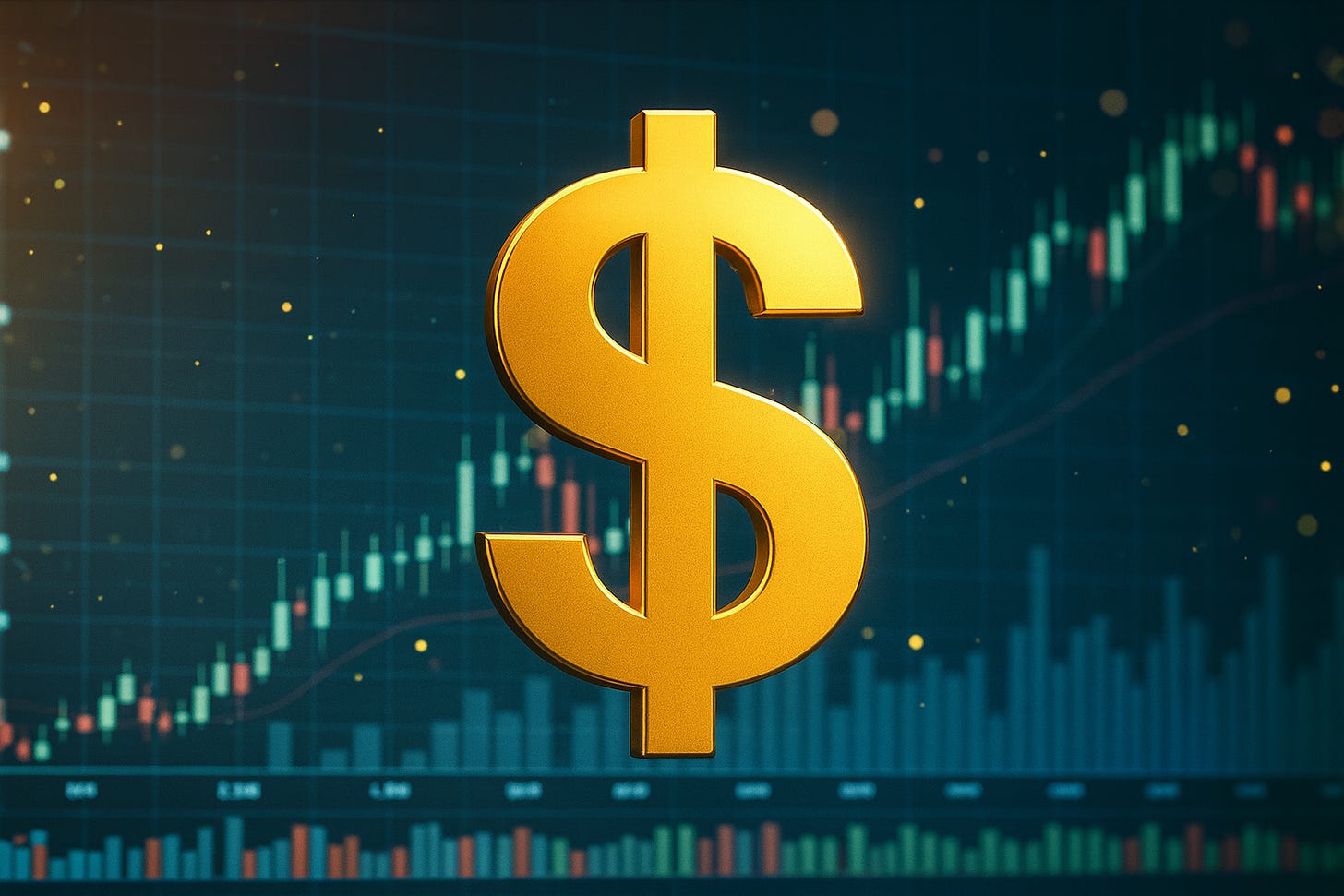Why Foreign Investors Still Flock to a Struggling U.S.—Despite the Warnings
Despite rising debt and political dysfunction, global investors see the U.S. as the safest harbor in a turbulent world.
The United States presents a paradox. By nearly every conventional metric, warning lights are flashing. Federal debt has surged to more than 120 percent of GDP, surpassing levels not seen since World War II. Inflation, though moderating from its 2022 peak, continues to unsettle markets. And political polarization has eroded confidence in Washington’s ability to govern, with repeated brinkmanship over the debt ceiling shaking the foundations of fiscal credibility.
And yet—foreign investors continue to buy U.S. assets at record levels. The latest Treasury data shows that overseas holdings of American debt and equities have not only held steady but grown, even during moments of domestic turmoil. Why?
The first answer is structural: the dollar’s unrivaled status as the world’s reserve currency. In every modern crisis—from the 2008 financial collapse to the COVID-19 pandemic—capital has flowed into U.S. treasuries. Liquidity and market depth remain unmatched, creating a gravitational pull for investors who may complain about dysfunction but have nowhere else to go.
The second answer lies in America’s enduring role as a hub of innovation. From artificial intelligence to biotech to clean energy, the United States continues to attract disproportionate global capital into its technology sector. Venture funds in Silicon Valley and Boston remain magnets for sovereign wealth funds from Asia and the Gulf, who see long-term value beyond short-term volatility.
But there is also a psychological dimension. Investors constantly weigh alternatives—and find them wanting. Europe remains mired in stagnation, China is struggling with demographic decline and debt, and emerging markets remain vulnerable to capital flight. The United States may appear turbulent, but against this backdrop, it still looks like the safest harbor in a storm.
And yet the paradox cannot endure forever. A genuine default triggered by political dysfunction could shatter trust overnight. Likewise, growing efforts at de-dollarization—from China’s push for yuan settlements to Gulf states experimenting with non-dollar oil trade—could gradually chip away at America’s financial hegemony.
Our Take: For now, the U.S. remains the world’s indispensable market. But the more the global economy leans on this single pillar, the greater the shock when cracks inevitably appear.

